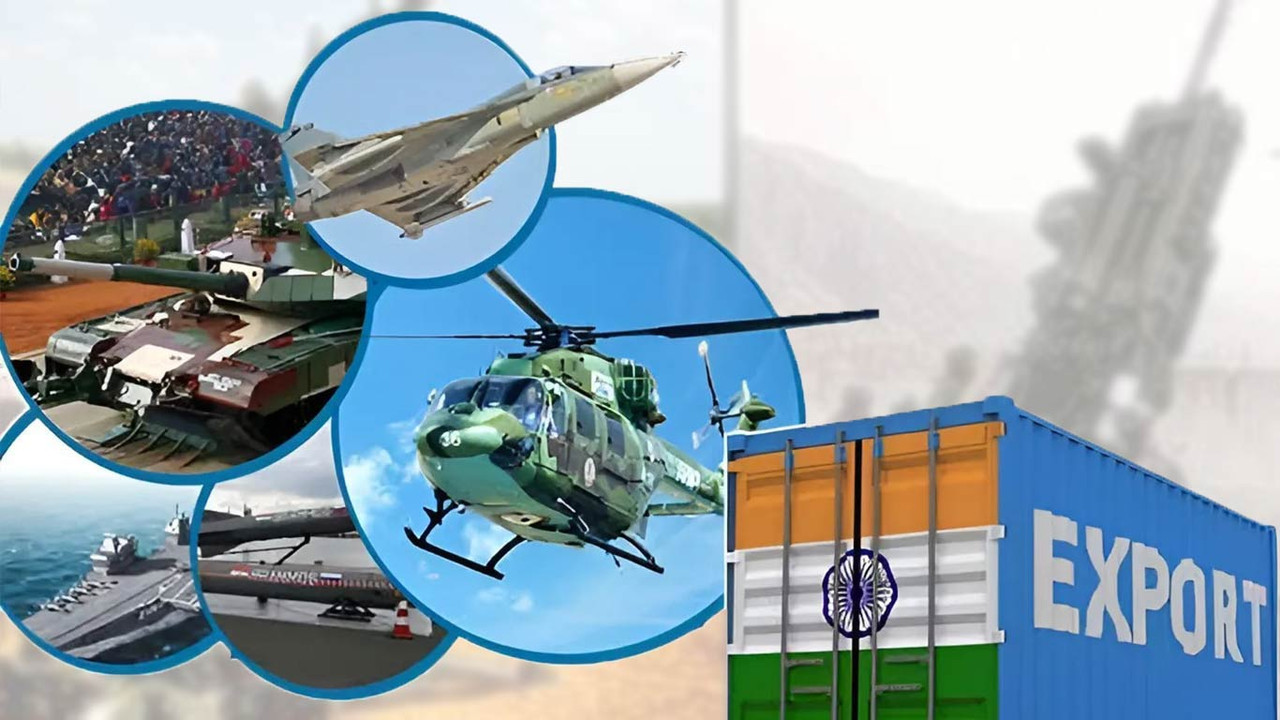SOURCE: AFI

India’s defense sector is at a crossroads, with significant potential to emerge as a major exporter of weapons systems. However, to truly leverage this potential, India must revamp its public relations (PR) strategy to ensure its defense exports not only penetrate global markets but also garner positive international perception. The success story of Turkey with its Bayraktar TB2 UAV serves as a compelling case study in effective defense export PR.
Weapons systems, by their nature, can evoke negative connotations. Effective PR can shift this narrative, focusing on the technological prowess, reliability, and strategic advantages of Indian defense products. Turkey managed to create a buzz around the TB2, which, despite being largely composed of foreign components, was marketed as a symbol of Turkish innovation and military might.
Indian defense products sometimes face skepticism regarding their quality and reliability. A dedicated PR strategy can address these concerns head-on by showcasing successful deployments, testimonials from user countries, and rigorous testing standards.
The story of how India’s defense systems are developed, emphasizing indigenous technology and the “Make in India” initiative, can be a powerful narrative. This not only promotes national pride but also appeals to countries looking for alternatives to traditional arms suppliers.
A robust PR campaign can help in building trust with potential buyers, especially in regions where India seeks to expand its influence. This involves transparency about capabilities, costs, and after-sales support, elements that Turkey has utilized to assure its customers.
ike Turkey, which benefited from showcasing its UAVs in real combat scenarios, India can use its partnerships and successful defense collaborations to underline the effectiveness and interoperability of its systems.
A dedicated agency would have the singular focus of promoting defense exports, understanding the nuances of international arms sales, and tailoring messages to different markets. Such an agency could bring together experts in defense technology, international relations, and marketing, creating a comprehensive approach to PR that current structures might not accommodate.
With a specialized agency, India could establish a more aggressive presence in international defense exhibitions, seminars, and forums, where countries like Turkey have made significant inroads.Countries like China and the United States have well-oiled PR machines for their defense sectors. A separate agency would allow India to compete more effectively by crafting messages that resonate with global audiences.
In an era where misinformation can easily spread, a specialized PR agency could quickly respond to negative narratives, providing accurate information and maintaining India’s image as a responsible arms exporter.